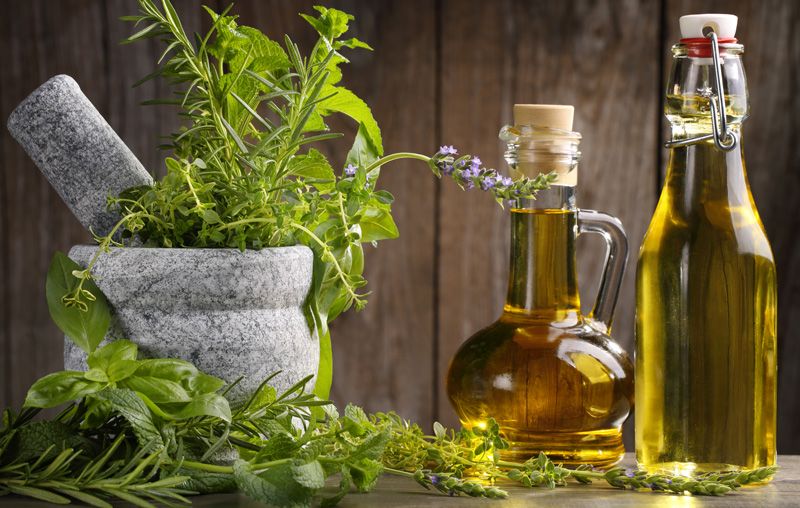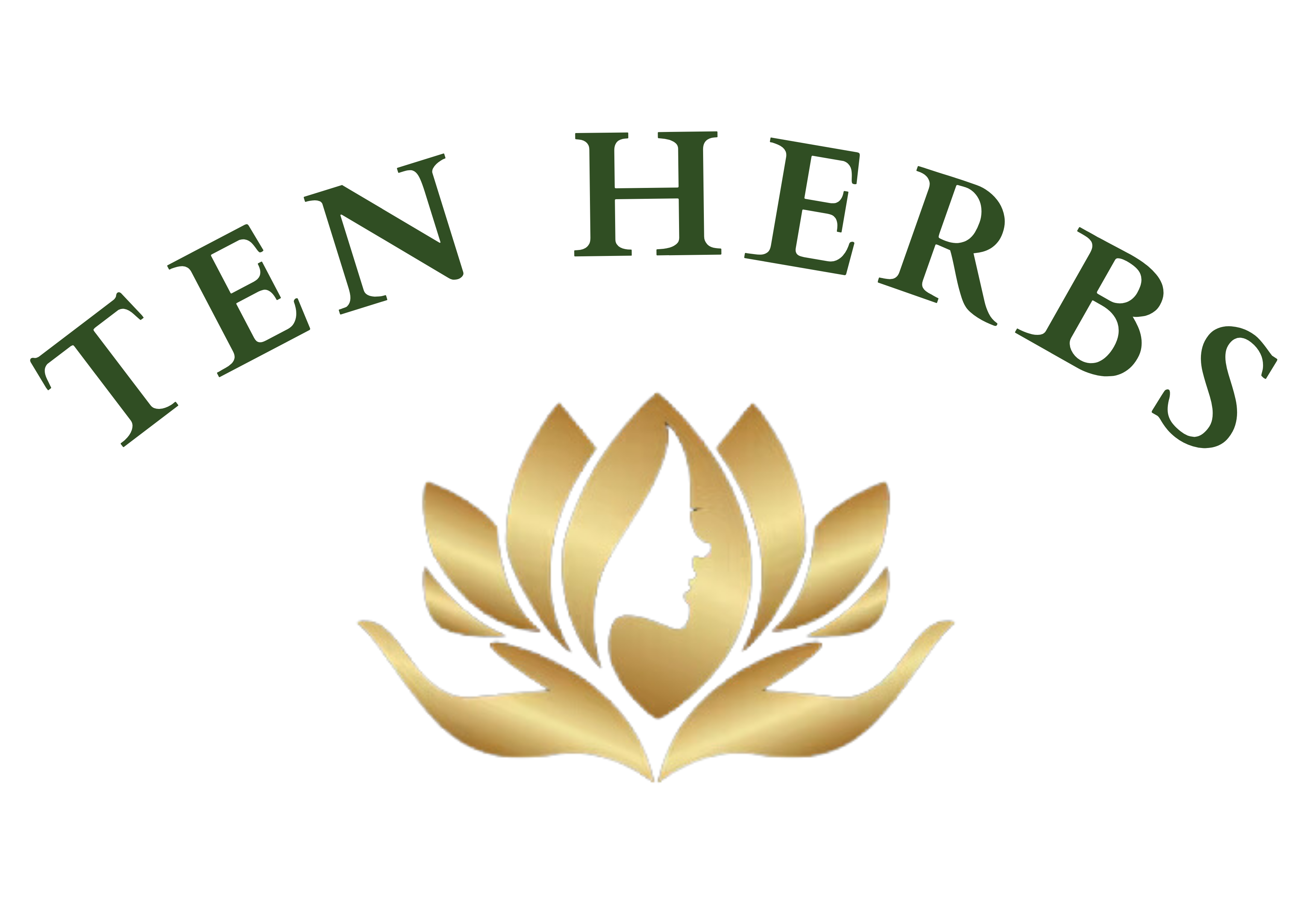When it comes to managing rough and frizzy hair, selecting the right hair oil can make a world of difference. Rough hair often results from a lack of moisture, excessive exposure to heat styling tools, environmental stressors, or improper hair care routines. Understanding the ingredients and benefits of specific oils can help in restoring the softness and shine that rough hair craves. Let’s dive into the best hair oils for rough hair, supported by expert advice from dermatologists.
The Role of Hair Oil in Hair Care

Hair oils are not just traditional remedies; they have scientific backing for their ability to hydrate and nourish hair. They work by penetrating the hair shaft, reducing protein loss, and forming a protective layer to shield hair from damage. Dr. Ayesha Khan, a dermatologist based in Karachi, Pakistan, explains, "Hair oils are an essential part of hair care, especially for those with dry or rough hair. The right oil can provide hydration, reduce frizz, and even promote a healthy scalp." Similarly, Dr. Joshua Zeichner, a dermatologist in New York, emphasizes that "natural oils help improve hair quality by smoothing the cuticle, which reflects light better and makes hair appear shinier."
Coconut Oil: The Ultimate Moisturizer
Coconut oil is one of the most widely recommended oils for rough hair. It is rich in lauric acid, a medium-chain fatty acid that penetrates deep into the hair shaft. This oil reduces protein loss and helps retain moisture, making it ideal for coarse and frizzy hair. Research published in the Journal of Cosmetic Science supports the effectiveness of coconut oil in preventing damage caused by combing and heat styling.
Dr. Khan notes, "Coconut oil is a staple in many Pakistani households for a reason. It’s lightweight, penetrative, and deeply nourishing. Applying it regularly can restore hydration to rough hair." To use coconut oil effectively, warm it slightly and apply it from roots to tips, leaving it on for at least an hour or overnight before washing it off with a gentle shampoo.
Argan Oil: Liquid Gold for Hair
Extracted from the kernels of the argan tree, native to Morocco, argan oil is often referred to as “liquid gold.” This oil is rich in vitamin E, fatty acids, and antioxidants that combat dryness and frizz. Its non-greasy texture makes it suitable for all hair types, including those prone to roughness.
"Argan oil is particularly beneficial for rough hair because it tames frizz while providing a natural shine," explains Dr. Zeichner. Many high-quality hair oils and masks incorporate argan oil for this reason. To use it, take a few drops of pure argan oil and apply it to damp or dry hair, focusing on the mid-lengths and ends.
Olive Oil: A Time-Tested Solution
Olive oil has been used for centuries to treat dry and damaged hair. Its high concentration of monounsaturated fats and vitamin E makes it an excellent conditioner for rough hair. Olive oil works by forming a protective layer around the hair shaft, sealing in moisture and reducing breakage.
Dr. Khan recommends olive oil for individuals with severely dry hair. "It’s especially good for hair that has been damaged by chemical treatments or excessive heat styling. Regular application can help repair the hair’s outer layer, leaving it smoother and more manageable." For best results, massage warm olive oil into your scalp and hair, leave it on for an hour, and then rinse thoroughly.
Castor Oil: Thick and Nourishing
Castor oil is another excellent choice for rough hair due to its thick consistency and high ricinoleic acid content. This oil is particularly effective in locking in moisture, promoting hair growth, and improving overall hair health.
While castor oil can be heavy, it is incredibly nourishing. "I often recommend castor oil for individuals with very coarse or curly hair," says Dr. Zeichner. "Its ability to lock in moisture makes it a great overnight treatment for dry, rough hair." To dilute its thickness, mix castor oil with a lighter oil like coconut or olive oil before applying it to your hair.
Jojoba Oil: Lightweight Hydration
Jojoba oil closely mimics the natural oils produced by our scalp, making it an excellent choice for rough and dry hair. It is rich in vitamins and minerals, including vitamin C, B vitamins, and zinc, which promote hair health. Jojoba oil is lightweight and non-greasy, making it suitable for individuals who dislike the heavier feel of other oils.
Dr. Khan points out, "Jojoba oil is perfect for people looking for a non-sticky option that still provides adequate hydration. It’s particularly good for hair that gets weighed down easily." To use jojoba oil, apply a few drops to your scalp and hair after washing, focusing on the ends to prevent split ends and frizz.
Almond Oil: Vitamin-Rich Goodness
Almond oil is packed with essential vitamins like A, B, and E, making it a great choice for combating rough hair. Its emollient properties soften hair, while its high magnesium content strengthens it, reducing breakage and split ends.
Dr. Zeichner explains, "Almond oil not only nourishes the hair but also helps improve scalp health, which is vital for maintaining smooth, manageable hair." Apply almond oil directly to your scalp and hair or mix it with a carrier oil for added benefits.
Ayurvedic Oils: Traditional Remedies
Ayurvedic oils, such as amla and bhringraj oil, are rooted in traditional Indian and Pakistani hair care practices. These oils are often infused with herbs and are known for their ability to improve hair texture and promote growth.
Dr. Khan states, "Ayurvedic oils are a great option for those looking to incorporate natural and holistic remedies into their routine. They are particularly effective when used as part of a regular oiling and massaging regimen." To use, warm the oil slightly and massage it into your scalp and hair before washing.
Tips for Using Hair Oils Effectively

While choosing the right oil is crucial, how you use it also plays a significant role in its effectiveness. Dermatologists recommend the following tips for best results:
Warm the Oil: Warming the oil enhances its penetration into the hair shaft and scalp.
Massage the Scalp: A gentle massage stimulates blood circulation, promoting better absorption and hair growth.
Use the Right Amount: Avoid overloading your hair with oil, as this can make it difficult to rinse out and lead to greasiness.
Leave It On: For maximum benefit, leave the oil on for at least 30 minutes to an hour before washing it out with a sulfate-free shampoo.
Frequency: Oiling once or twice a week is sufficient for most hair types.
Final Thoughts
Selecting the best hair oil for rough hair depends on your hair type, preferences, and specific concerns. Coconut oil and olive oil are excellent for deep hydration, while argan and jojoba oils are perfect for lightweight nourishment. Castor oil and Ayurvedic options like amla oil are great for targeted treatments.
As Dr. Khan emphasizes, "Consistency is key. Regular oiling, combined with a good hair care routine, can transform rough, unmanageable hair into soft, shiny locks." By incorporating the right oil into your routine and following expert advice, you can achieve the healthy, smooth hair you’ve always desired.
